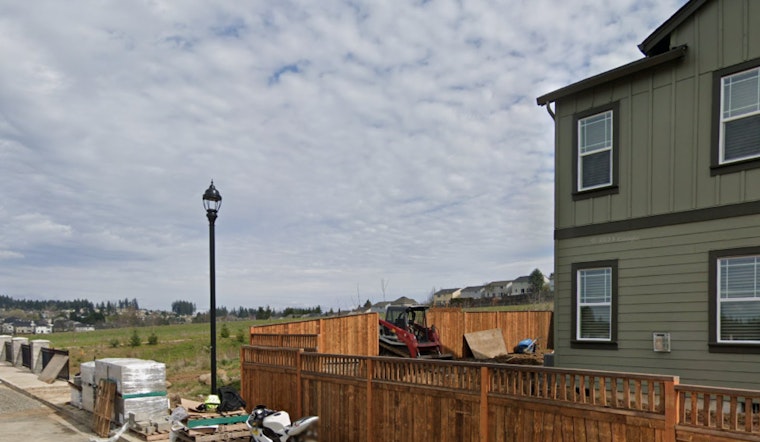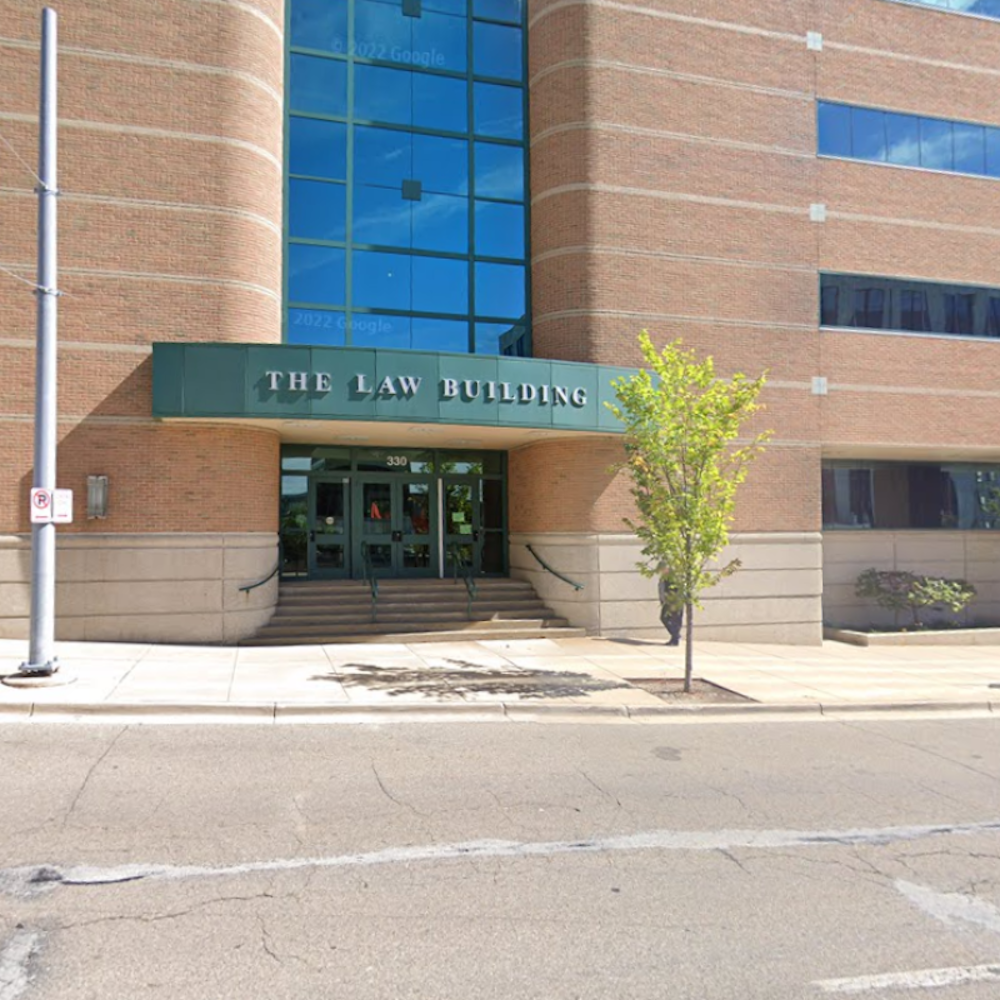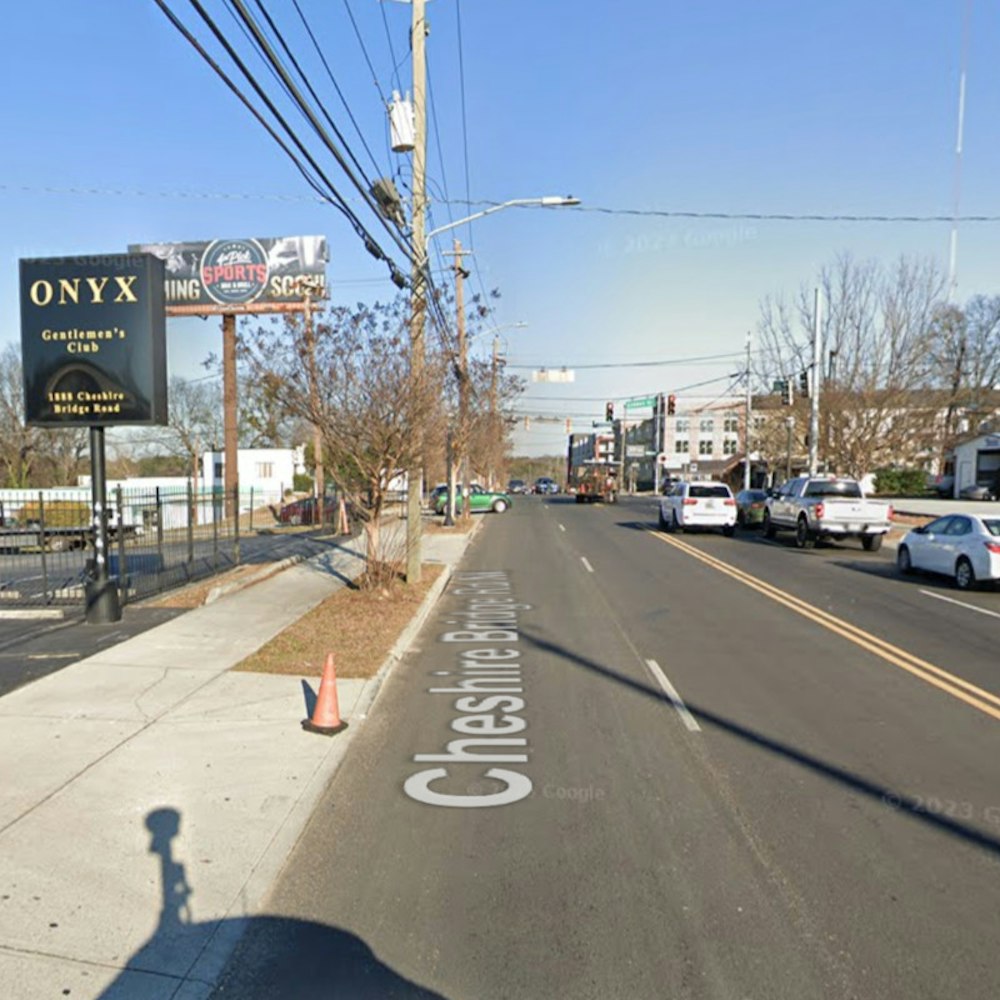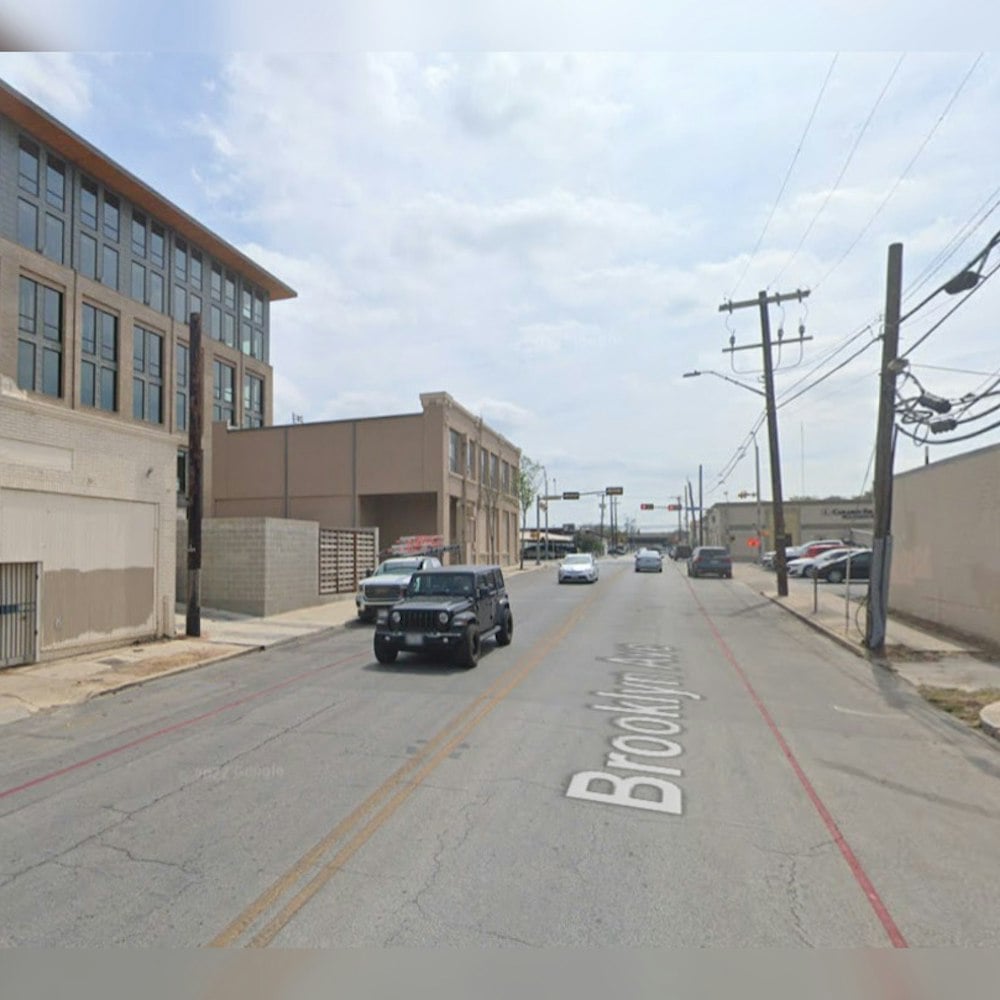
Oregon, a state recognized for its rigorous land use policies aimed at countering suburban sprawl, is grappling with a housing shortage that has lawmakers rethinking its foundational law. The urban growth boundary, established in the 1970s, is now under the microscope as officials propose adjustments to the statewide land use rules, which have been pivotal in preserving Oregon's natural landscapes and agricultural lands.
The shortage of affordable housing, an issue that has reached crisis levels in parts of the state, is putting pressure on legislators to make changes. The urban growth boundary, once a touchstone of Oregon's environmental efforts, has been credited with keeping cities compact and preserving green spaces. Megan Horst, an urban planning professor at Portland State University, emphasized the importance of the law in an interview with Herald and News, stating, "It's been extremely influential."
In the spirit of this law, substantial stretches of Oregon farmland and natural areas have been safeguarded against the kind of rampant development seen in other regions of the country. However, the current housing predicament has prompted a rethink amongst the state's legislators, including those who have traditionally championed the land use policy. "I can't overstate it," Horst said, "All that farmland would likely be a sea of strip malls and subdivisions, as they are pretty much anywhere else in the country."
As housing and homelessness crises escalate, the need for building space is driving a dialogue around permissible exceptions to the land use law. This issue has found its way into state legislative chambers where even Democratic lawmakers, typically defenders of the established policy are contemplating changes. These policy shifts signal a significant pivot for a state deeply invested in environmental stewardship and urban planning. This emerging consensus among Oregon's policymakers reflects a challenging balance between the need for development and the desire to protect the state's natural assets, as discussed in the coverage by MyNorthwest and U.S. News & World Report.
The dialogue unfolding in Oregon reflects the complexities states face when addressing contemporary urban challenges. As Oregon lawmakers debate refinements to the state's iconic land use law, the nation watches on, waiting to see how this balance will evolve and what it could mean for the future of sustainable growth and affordable housing.









